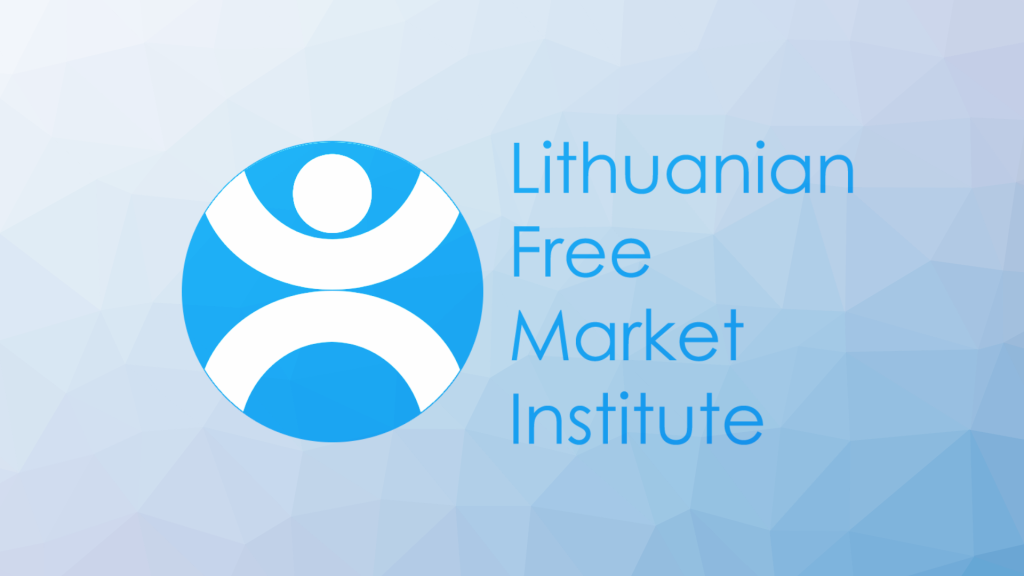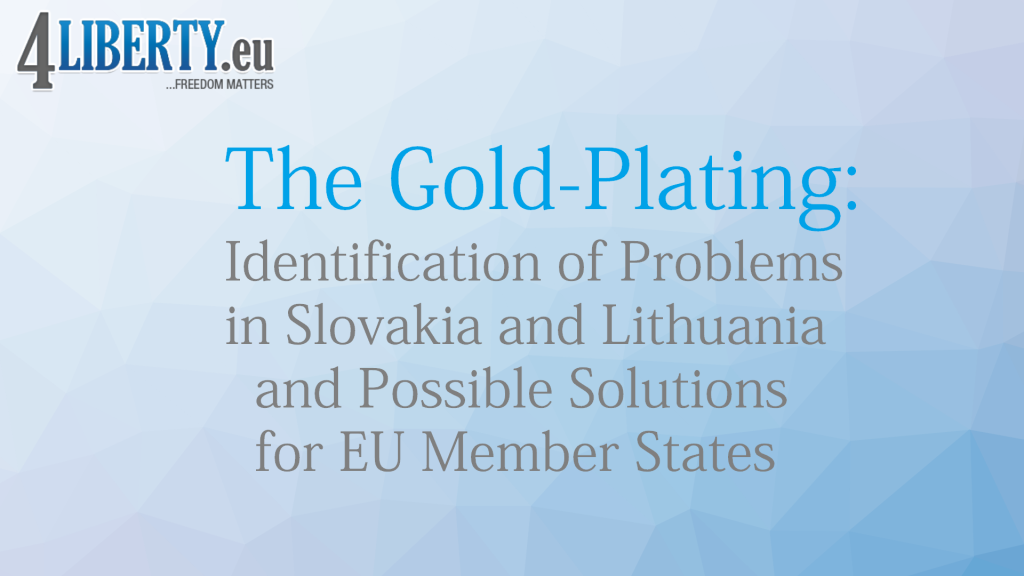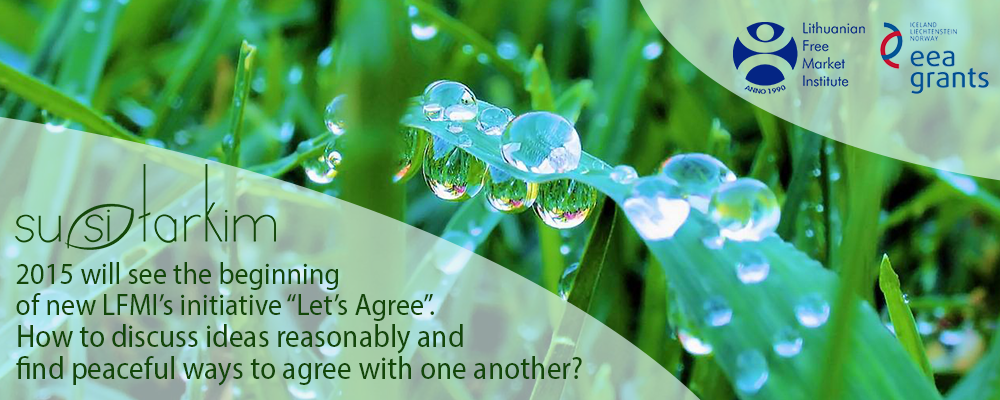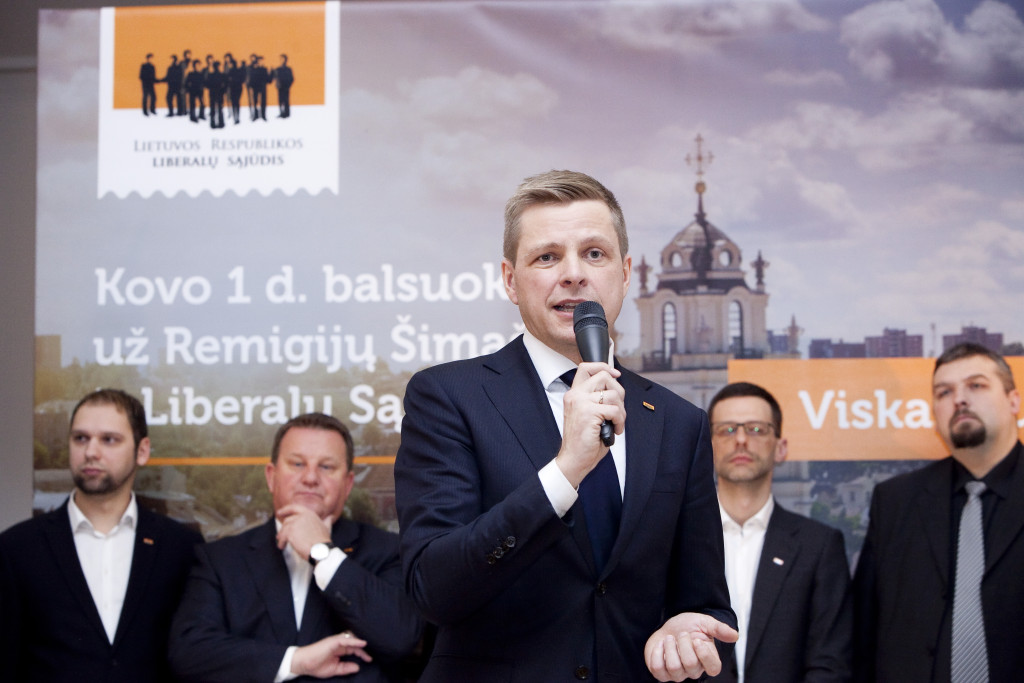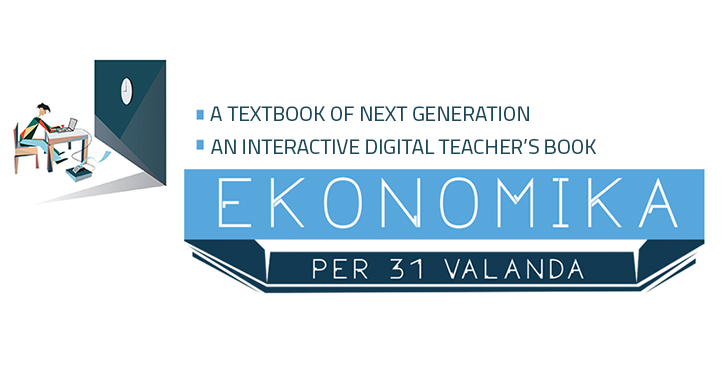
LFMI Publishes a Textbook on Economics for Lithuanian Pupils
BY
LFMI / June 23, 2015
LFMI’s brand new textbook on economics, \"Economics in 31 Hours\", will be hitting the bookstores and schools across Lithuania this autumn after a pilot project with 30 teachers and over 1,300 pupils.




